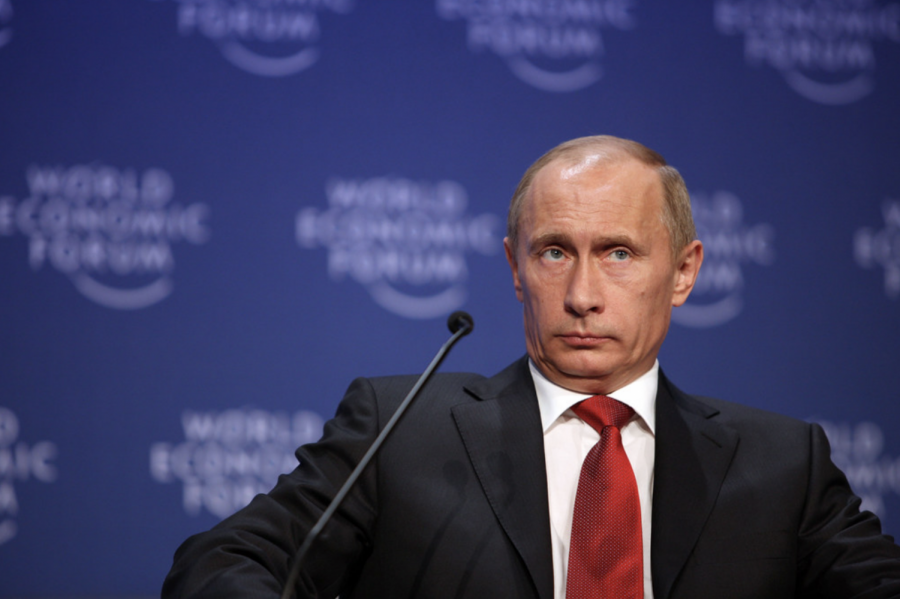Putin’s National Referendum: The Ban of Gay Marriage
October 30, 2020
MOSCOW, RUSSIA– Earlier this year, President Vladimir V. Putin of Russia revealed his plan to ban gay marriage through the implementation of new amendments to the Russian Constitution. According to Putin, the purpose of these new amendments is to both improve the organization and performance of public authority and to preserve Russia’s cultural and religious values. However, political analysts viewed this as an attempt to increase turnout for the constitutional referendum that was to come.
Putin’s referendum consisted of over 200 constitutional amendments, one of them defining marriage as a union between one man and one woman. The proposals were voted on by the Russian public over a seven day period. Approximately two-thirds of the Russian voters supported Putin’s national referendum, paving the way for him to remain in power until 2036 if he so chooses.
Putin has led Russia for over 20 years in accordance with his traditional Orthodox Christian values and anti-Western, conservative ideals. Despite decriminalizing homosexuality in 1993, he has previously stated that the country must “cleanse” itself of homosexuality and has made a slow effort to do so.
The marginalization of the LGBTQ+ community is a continuity in Russian history. A federal law passed in 2013 made the distribution of materials that “promote same-sex relationships” to minors punishable by law. Furthermore, the entire country banned a LGBTQ+ pride event in 2018 within 24 hours of its announcement. Local authorities stated that they would not allow such events to happen as they wished to protect children from the “propaganda of nontraditional sexual relations.” In 2019, Russia further oppressed the LGBTQ+ population by preventing them from officially registering in the country. More than half of the LGBTQ+ members surveyed by the Russian LGBT Network that same year reported that they had faced violence or abuse due to their sexual orientation and gender identity.
Although Putin stated that he would not amend changes to the constitution for the purpose of keeping him in power, his national referendum suggested the opposite. Putin’s proposed constitutional amendments come at a time of great complexity in eastern Europe as far right ideologies gain traction and LGBTQ+ rights come under fire in Poland. Putin’s push to ban gay marriage in Russia not only a singal of a continued push for political and social conservatism in eastern Europe but also the coming of a global reckoning on the basic human rights granted and denied by governments throughout the world.
Disclaimer: The information from this article has been obtained from The New York Times, Humanity in Action USA, and Aljazeera.
Image Credit: “Vladimir Putin – World Economic Forum Annual Meeting Davos 2009” by World Economic Forum is licensed with CC BY-NC-SA 2.0. To view a copy of this license, visit https://creativecommons.org/licenses/by-nc-sa/2.0/



